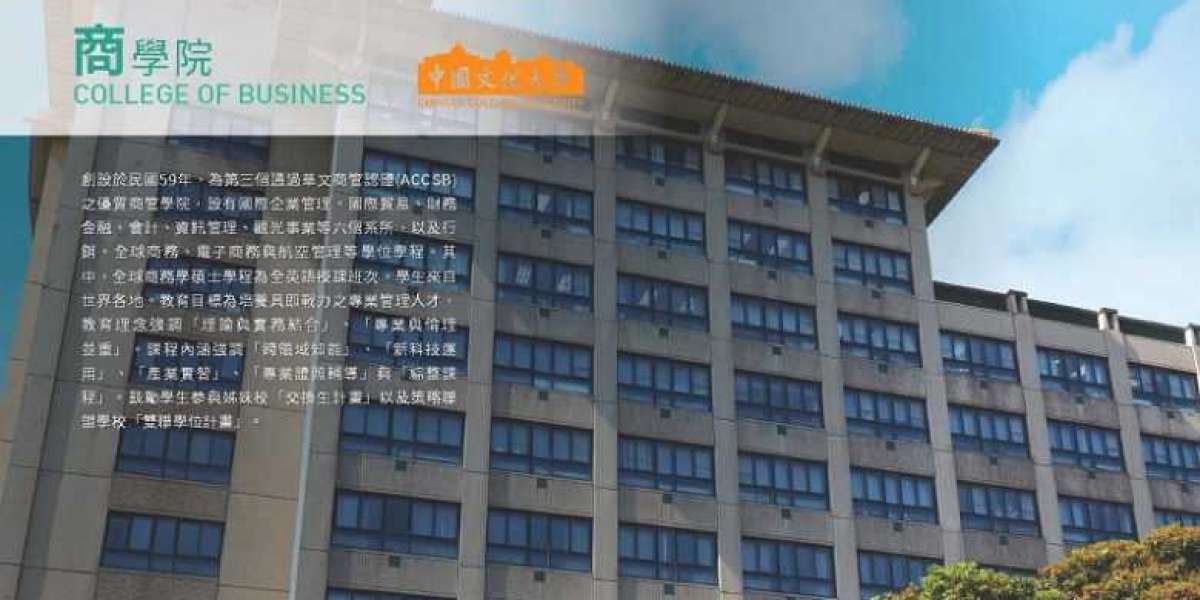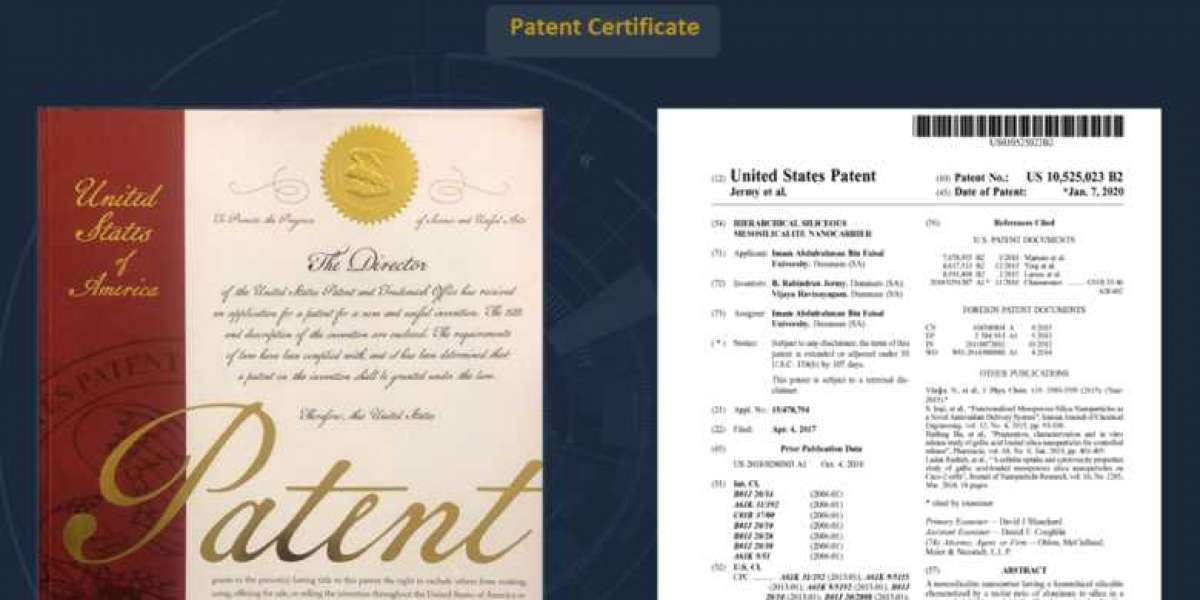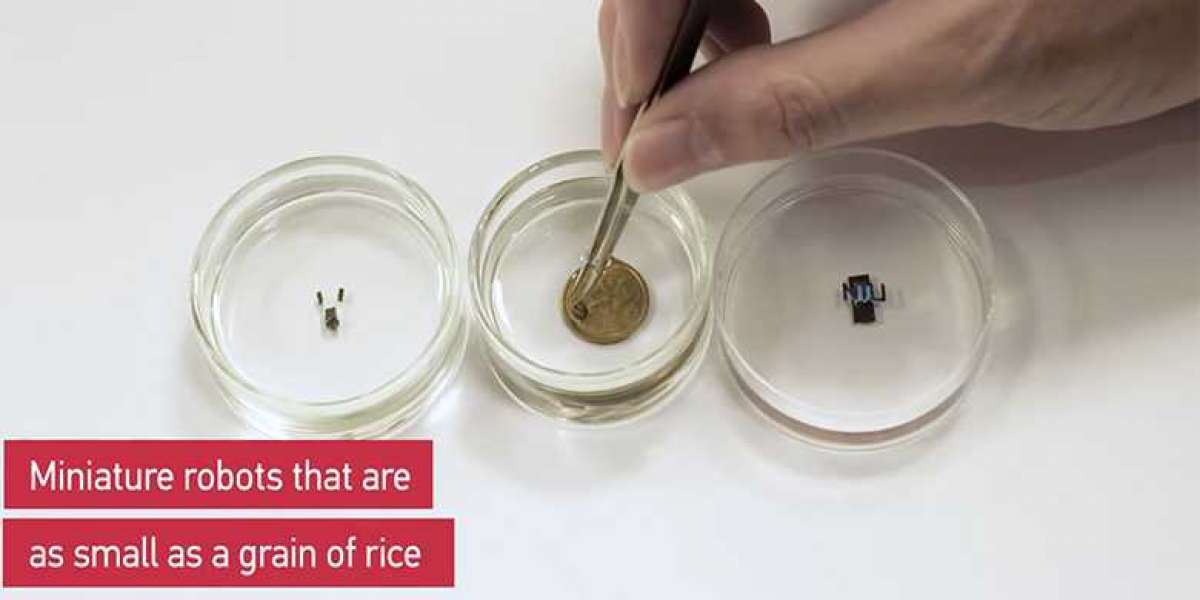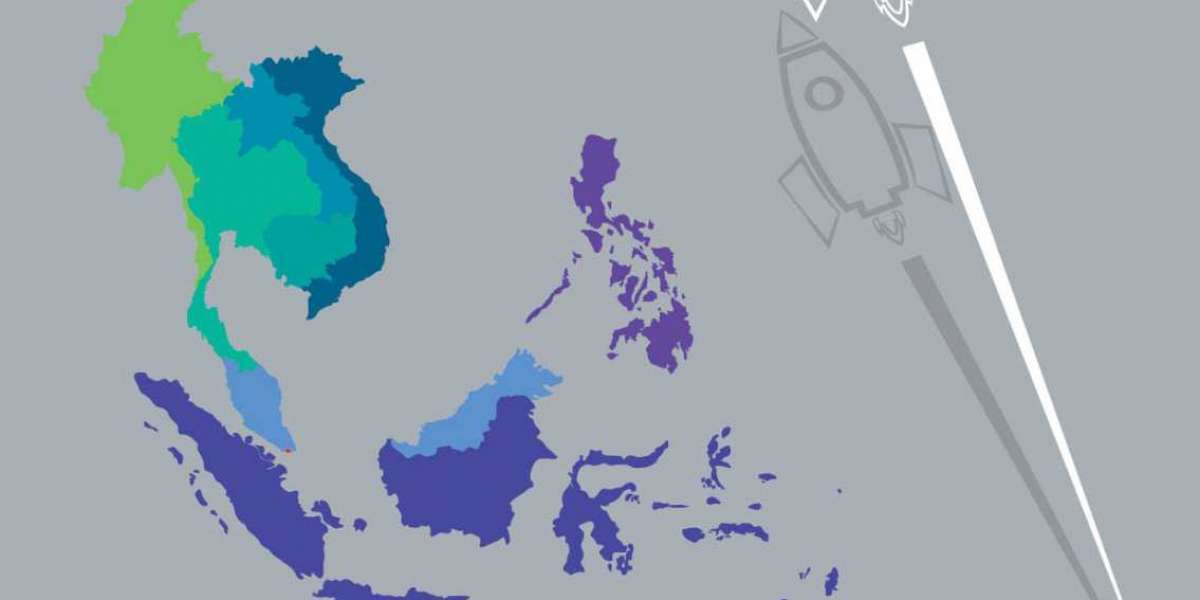A team from Chinese Culture University (Taiwan) and Graduate School of Management at ESPAE (Ecuador) developed an integrative model of an alignment between entrepreneurial orientation (EO) and alliance orientation (AO) in the context of new product development (NPD). The team found an effective alignment between entrepreneurial and alliance orientation in the context of NPD can improve NPD effectiveness and performance outcomes, such as NPD process and program. This research opens up a new avenue in the domain of product innovation management research and has been published in Technological Forecasting and Social Change, ranked No. 1 in the field of regional and urban planning and Q1 in the field of business of the Social Science Citation Index (SSCI).
Drawing from the coalignment perspective, firms are distinguished into four strategic groups labeled as EO (high EO and low AO), AO (low EO and high AO), EA (high EO and high AO), and CO (low EO and low AO) firms. Based on a cross-sectional survey of 141 Taiwanese electronics firms, research indicates that four groups of firms significantly differ in terms of NPD process characteristics (decision-making flexibility, market-focused learning, and internally focused learning), program characteristics (product program meaningfulness and newness), and performance outcome (new product success). Specifically, EO and AO are complementary in improving NPD effectiveness. EA firms are more predominant than EO, AO, and CO firms in terms of NPD process and program effectiveness, while EO firms achieve better effectiveness in terms of market- and internally focused learning, product program innovativeness, and new product success than AO firms.
This research was led by Professor Yen-Chun Chen. His research partners, assistant professor Adriana Amaya Rivas and associate professor Ta-Kai Yang also made significant contributions to this research. This study was partially supported by the Ministry of Science and Technology of Taiwan [grant numbers 104-2410-H-034-025-]. The full version of this research can be viewed at: https://www.sciencedirect.com/science/article/pii/S0040162519304767








